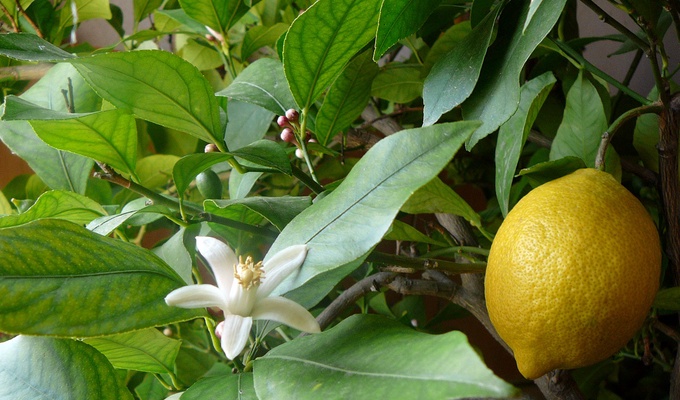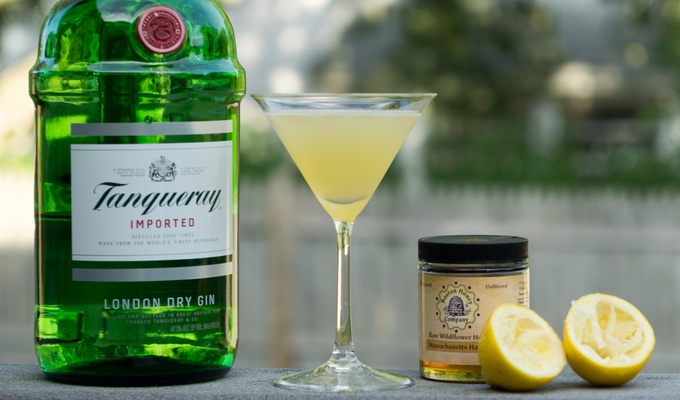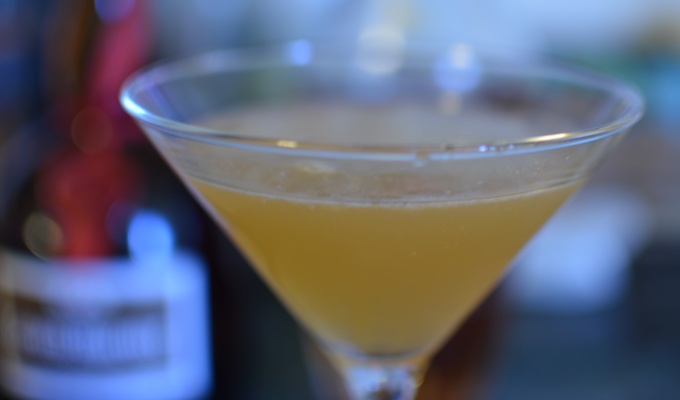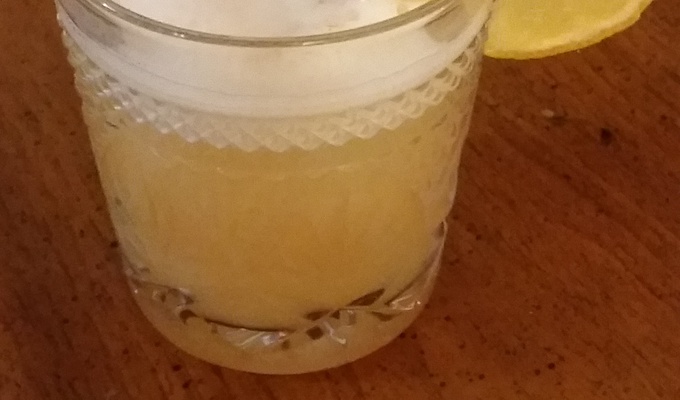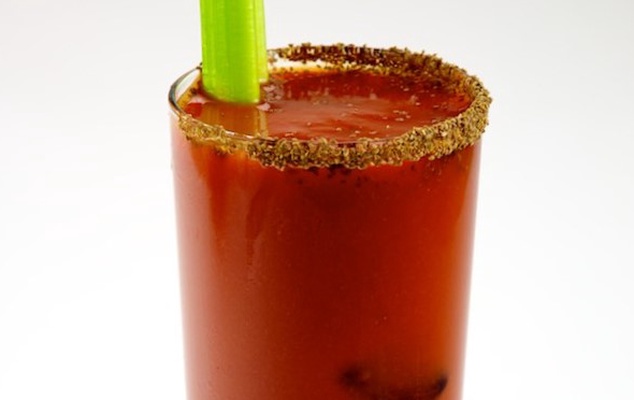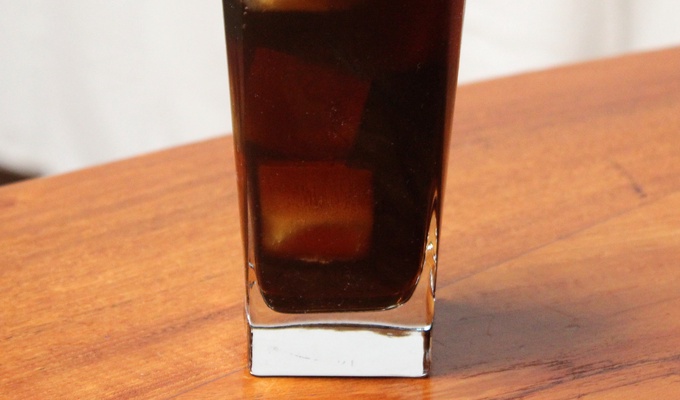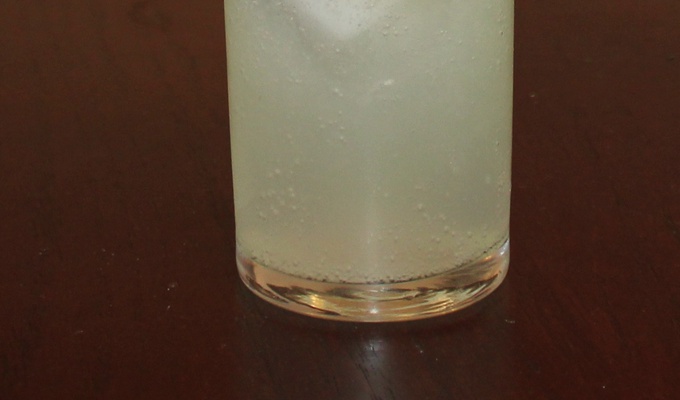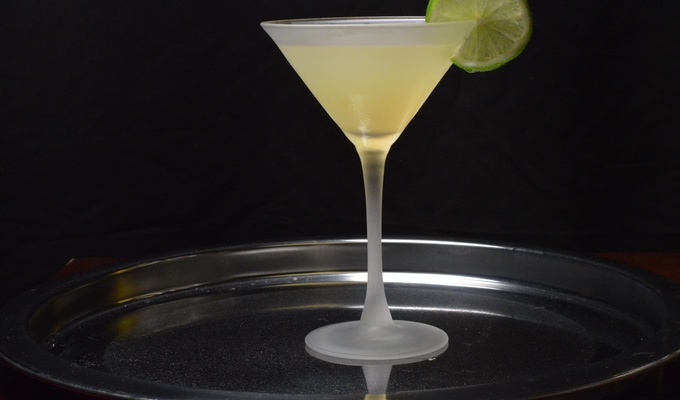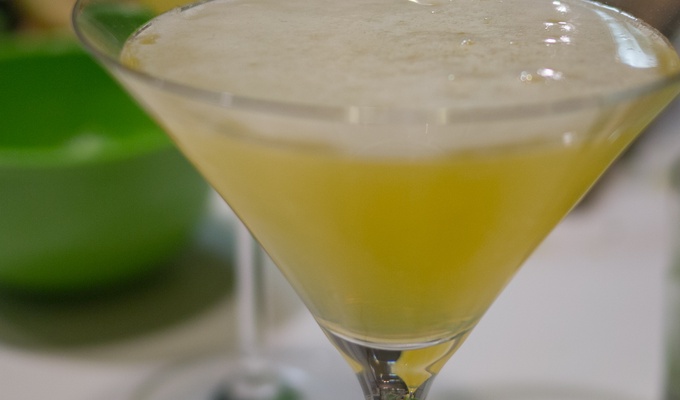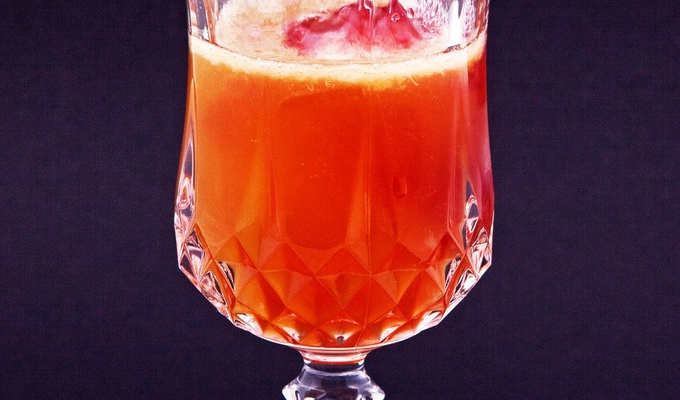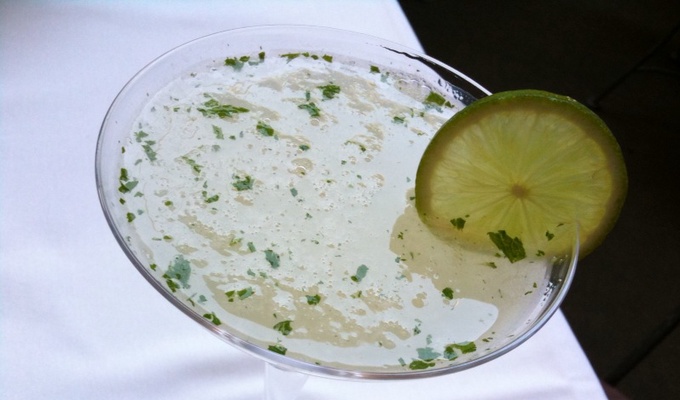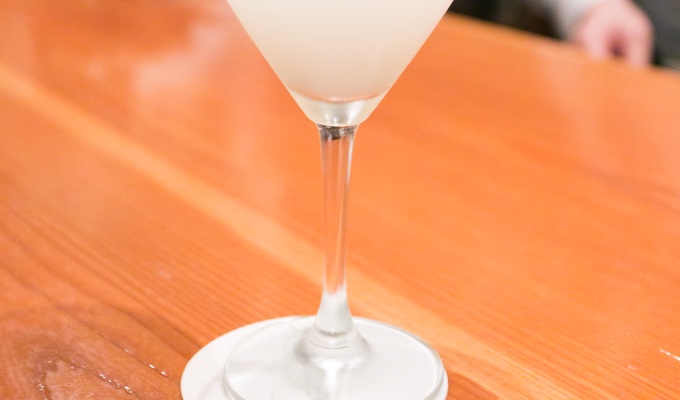Lemon juice is a highly acidic liquid extracted from the fruit of the lemon tree (Citrus limon). It is characterized by a pH range of approximately 2 to 3, due to its concentrated levels of citric acid. This juice is widely used in culinary practices across various cultures, valued for its ability to impart sourness and acidity to food and beverages.
Lemon juice is commonly employed as a flavoring agent in a variety of dishes. In marinades, its acidity helps to tenderize meat and fish by breaking down proteins. It is also a key ingredient in salad dressings, where it is often combined with olive oil to create a basic vinaigrette. The juice is used in both sweet and savory dishes, playing a crucial role in recipes such as lemon curd, lemonade, and numerous desserts. In savory dishes, lemon juice is frequently added to soups, sauces, and stews to enhance flavor and balance richness.
The juice's preservative qualities are notable; its high acidity inhibits bacterial growth, making it a traditional method for extending the shelf life of perishable foods. Lemon juice is also used in canning and preserving fruits, as its acid content prevents oxidation and browning.
